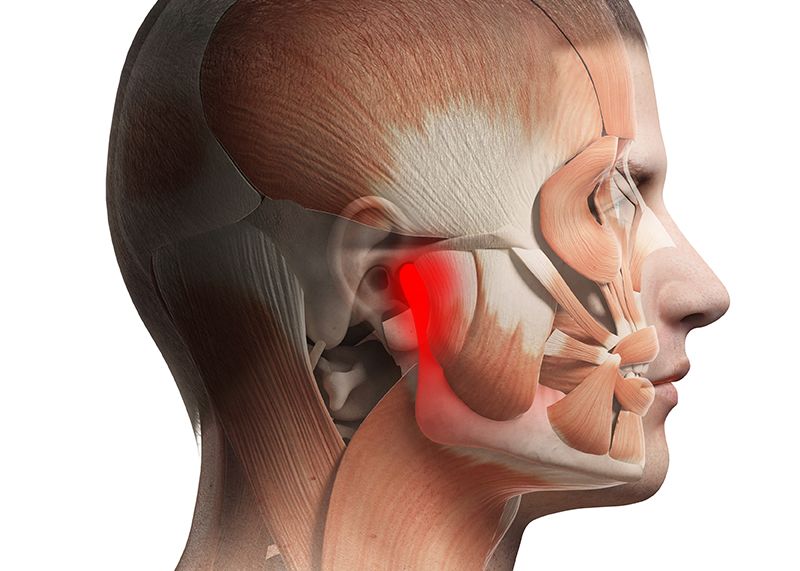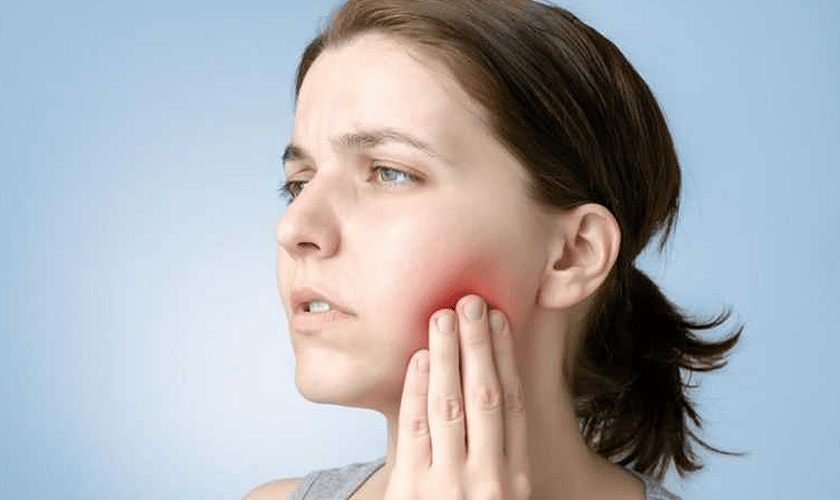4801 Southern Hills Dr, Sioux City, IA 51106, USA

Temporomandibular joint (TMJ) disorder is a complex condition that affects the TMJ, the joint that connects your jawbone to your skull. TMJ disorder can cause pain and discomfort in your jaw joint area, headaches, and facial soreness. It’s crucial to recognize TMJ disorder early on so that you can seek treatment from a qualified dental health professional. Here are 7 early signs that may indicate TMJ disorder in children:
- Jaw Aches or Pains
When affected by TMJ disorder, children may experience soreness or aches around their jaw joints, even when not using their jaws. This pain or discomfort may worsen when the jaw is moved in specific ways, such as chewing food or talking.
- Painful Earache Symptoms
TMJ disorder can also cause a child to experience earache-like symptoms, although these aches and pains originate from the TMJ joint. The sensation may be similar to an ear infection, so it’s essential to consult a doctor or dental health professional if you suspect TMJ disorder.
- Difficulties Chewing Food
Jaw pain caused by TMJ disorder can make it difficult for children to chew food properly. In some cases, this difficulty can lead to a loss of appetite, which can signify that TMJ disorder is present.
- Jaw Clicking or Popping Sounds
TMJ disorder often causes the TMJ joint to make clicking or popping sounds when it’s moved. This noise indicates something is wrong with the TMJ joint and should be checked by a dental health professional.
- Excessive Jaw Movement
In addition to making clicking or popping noises, TMJ disorder can also cause excessive movement in the jaw joints. If your child’s jaw moves more than usual when talking or chewing food, this could be another sign of TMJ disorder.
- Jaw Locking Up
TMJ disorder can cause the jaw to lock up from time to time. It usually happens when the TMJ joint experiences excessive force and can create a painful situation for the child. If your child’s jaw locks up frequently, TMJ disorder should be examined by a dental health professional as soon as possible.
- Headaches and Facial Soreness
In addition to pain and discomfort around their jaws, children affected by TMJ disorder may also experience headaches and facial soreness. The TMJ usually causes these symptoms, but they can also be secondary to other issues, such as sinus problems or allergies.
- Facial Tenderness
TMJ disorder can also cause facial tenderness, particularly in the jaw area. This sensation may worsen when pressure is applied to the TMJ joint, so monitoring this symptom is essential.
TMJ-Related TMJ Disorder Treatment
TMJ disorder can be treated with the help of a qualified dental health professional, who will provide specialized treatment depending on the severity of the condition. Sometimes, it may include physical therapy, medications, and even surgery.
The Final Thought
It’s essential to recognize TMJ disorder early on so that you can seek treatment from a qualified dental health professional. If your child is experiencing any of the symptoms described above, it’s best to visit your dentist for an evaluation as soon as possible. TMJ disorder can usually be managed successfully with the right treatment plan and a commitment to good dental health practices.
TMJ disorder can be treated with the help of a qualified dental health professional, who will provide specialized treatment depending on the severity of the condition. In some cases, this may include physical therapy, medications, and even surgery.
Common symptoms of TMJ disorder include jaw clicking or popping sounds, difficulty chewing food, excessive jaw movement, limited jaw movement, jaw locking up, headaches, and facial soreness.
It’s essential to visit your dentist as soon as possible if your child is experiencing TMJ-related pain. TMJ disorder can usually be managed successfully with the right treatment plan and a commitment to good dental health practices.




